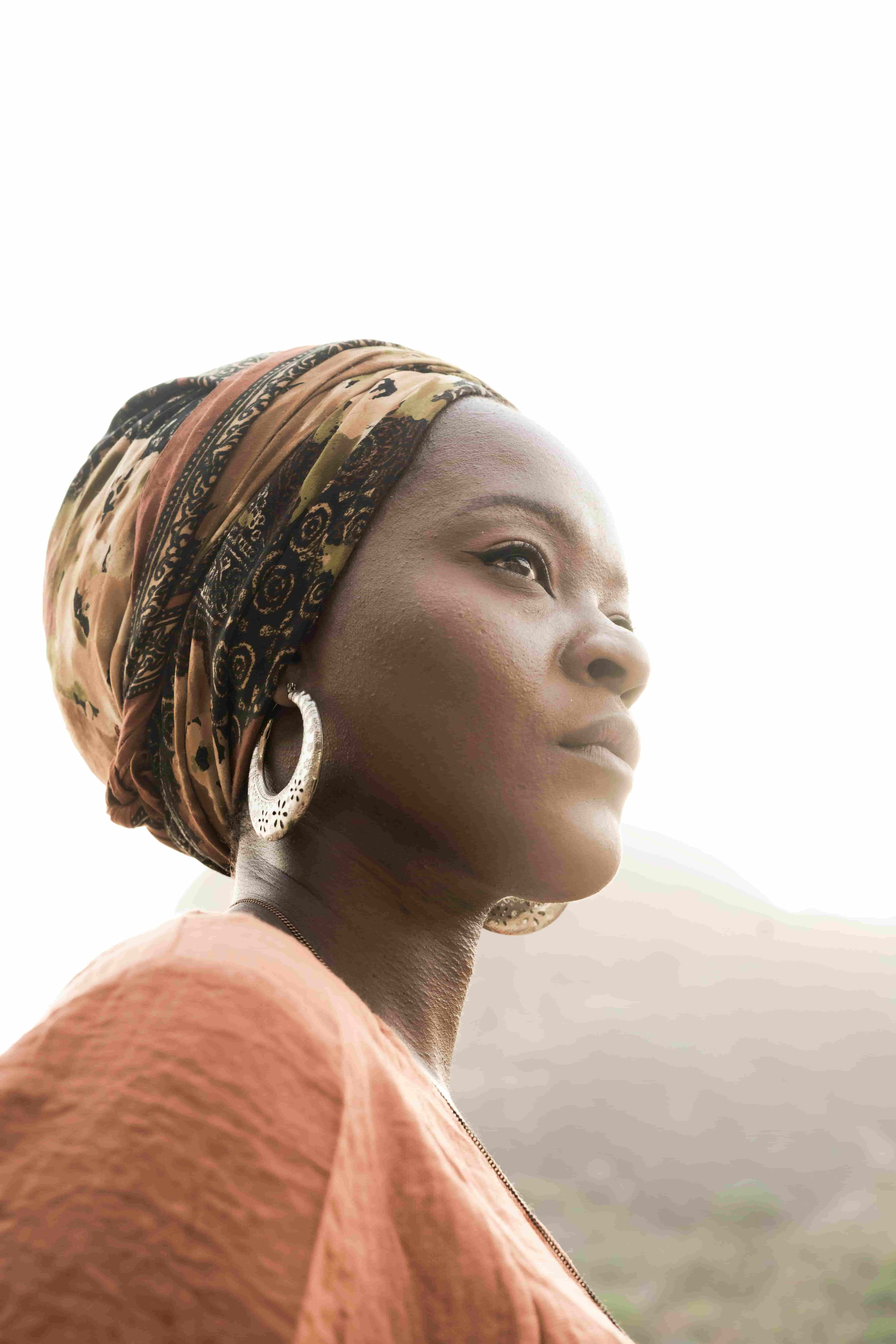
Disciple Making Secrets
Five Ways Women are Paving the Way in Disciple Making.
Wed Oct 09 2024
Disciple Making Movements (DMM) are rapidly spreading across the globe, and one key reason for their success is the vital role that women play in these movements. Historically, women have always been essential to the growth of the Church, and in DMMs, their influence is no different. As disciple makers, women are stepping into significant leadership roles, often working in contexts where they are uniquely positioned to reach people that might otherwise be overlooked. Here’s why women are indispensable to DMM and how their contributions are helping fuel the spread of the gospel.
1. Women as Natural Disciple Makers
Throughout the Gospels, women played a central role in the ministry of Jesus. From the Samaritan woman who shared her encounter with Jesus to her entire village (John 4), to Mary Magdalene, the first to proclaim the resurrection, women have always been disciple makers. In many cultures today, women continue to be the natural influencers in their families and communities, often serving as the relational glue that holds together social networks. This makes them perfectly positioned to start Discovery Bible Studies (DBS), disciple others, and foster multiplication in ways that others may not be able to.
2. The Power of Relational Networks
Women often possess the ability to build deep, relational networks that can span across family, friends, and neighbors. In DMM, relationships are everything. Women’s capacity to connect and maintain strong relationships opens doors for discipleship in homes, neighborhoods, and communities. Through hospitality, shared conversations, and natural leadership in social spaces, women are able to cultivate DBS groups that lead to the multiplication of disciples and churches.
3. Women as Pioneers in Difficult Contexts
In some areas, women are able to move in spaces where men cannot. In regions with strict social or cultural norms, women may have unique access to other women and children, who might otherwise remain unreached. In these contexts, women disciple makers are able to plant seeds of the gospel where others might be unable to go. Their willingness to step into these difficult environments often leads to entire households or communities being reached for Christ.
4. Biblical Examples of Women Leading the Way
The Bible is full of examples where women played key roles in the spread of the gospel. In Romans 16, Paul commends several women, including Phoebe, Priscilla, and Junia, for their contributions to the early Church. These women were leaders, disciple makers, and church planters. In DMM today, women continue to follow in these footsteps, stepping into roles that drive the movement forward.
5. Empowering the Next Generation of Women Disciple Makers
As women continue to embrace their God-given role in DMM, they serve as powerful role models for future generations. When women disciple other women, they multiply not only followers of Jesus but also future leaders of the movement. By embracing their calling, they help create an environment where younger women can see themselves as integral to God’s mission in the world.
Conclusion
Women are indispensable to the success of Disciple Making Movements. Their relational influence, leadership in difficult contexts, and biblical role as disciple makers are fueling the rapid spread of the gospel across the globe. As DMM continues to grow, empowering and encouraging women to step into their God-given roles will be critical for the movement’s future.
If you’re a woman and feel called to disciple others, consider gathering some like-hearted friends and trying the Waha Disciple Making Course. Waha can help you get started with practical tools for making disciples and building a movement. Click here to learn more about how you can begin your disciple-making journey today.